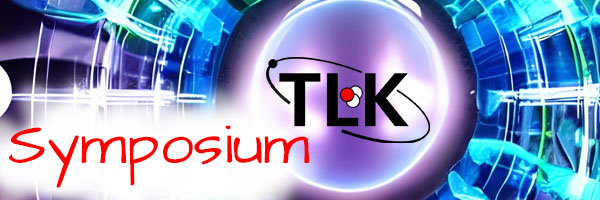The focus of the Tritium Laboratory Karlsruhe (TLK) is tritium R&D in support of a wide field of applications like neutrino mass measurement with KATRIN and the Fusion fuel cycle. One key aspect is tritium analytics, a broad and multifaceted field that can be sorted in many different ways. One useful way to group the analytic tools is by the properties of the tritium sample like its state of...
In the framework of H2020 Euratom research and innovation programme, TRANSAT (TRANSversal Actions for Tritium) is a 54 months multidisciplinary project built to contribute to Research and Innovation on cross-cutting activities required to improve and disseminate knowledge on tritium management in fission and fusion facilities. TRANSAT has started in 2017 and was built to answer the main...
Hydrogen Isotope Research Center (HRC), University of Toyama, Japan has been licensed to use 8 TBq of tritium per day. This handling capability of tritium allows to perform investigations on tritium measurements, tritium-material interactions and preparation of tritiated targets for nuclear reaction studies. The objective of this presentation is to introduce several tritium measurement...
Raman spectroscopy has become one of the cornerstones of laser analytical methods to identify, and quantify, chemical compounds, and for use in determining material composition. Its great advantages are that (i) only one a single, fixed-wavelength laser is required; (ii) any molecular compound can be investigated, even in multi-component mixtures; (iii) any type of material can be probed,...

